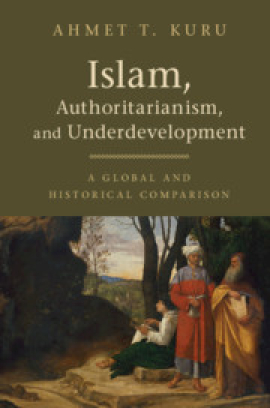|
If the newsletter does not display properly, please click here. |

|
|||||
|
|||||
|
Dear friends and colleagues, As the year 2021 slowly draws to a close, we hope you are finding some peacefulness and rest. Our colloquium is taking a month-long break, but of course we still have some interesting news for you: a conference report, a call for papers and a publication. We would also like to recommend a pre-Christmas concert and already now look ahead to the new year with two Interreligious Calendars for 2022. Take care and have a good week! Anja & Lucy |
|||||
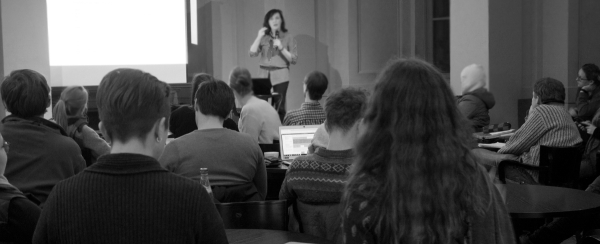
|
|||||
Report about Conference on “Konkurrierende Heilsversprechen im säkularen Staat: Anti-/Religiöse Deutungsansprüche zwischen Konflikt und Kooperation 1870–1930 (“Competing Promises of Salvation in the Secular State: Anti-/Religious Claims of Interpretation between Conflict and Cooperation 1870-1930”), 5–8 OctoberWe would like to draw your attention to a conference report by our colleague Katharina Neef from the Institute for the Study of Religion at Leipzig University. Between 5 and 8 October, the Association of Historians of Germany together with the Association of History Teachers of Germany organized a conference in Munich on “Competing Promises of Salvation in the Secular State: Anti-/Religious Claims of Interpretation between Conflict and Cooperation 1870-1930”. Starting point for the event was the necessity of justifying (state) order in the modern age. As the transformations of the long 19th century had, if not called the legitimacy of social institutions into question, at least denaturalised it, the participants of the panel in their case studies look at alternative legitimisation models and resources.
|
|||||
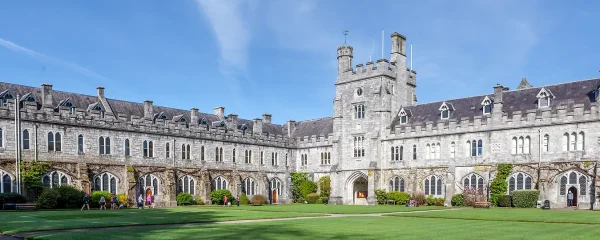
|
|||||
Call for Papers for 19th European Association for the Study of Religions (EASR) Conference “Religions and States of Freedom“, University College CorkBetween 27 June and 1 July 2022, the European Association for the Study of Religions conference will take place at University College Cork. On the theme of Religions and States of Freedom, this conference offers a multi-disciplinary forum for academic discussion on the non-confessional and non-theological study of religions. You can still submit a paper proposal for the conference, either as an individual paper which, if accepted, will be placed into a relevant panel by the scientific committee, or as an individual paper submitted to Open Panel Sessions. Participants will have 20 minutes for individual presentations and 5-10 minutes for questions.
Notification of Acceptance: 4 February 2022 Conference Dates: 27 June–1 July 2022
|
|||||
|
|||||
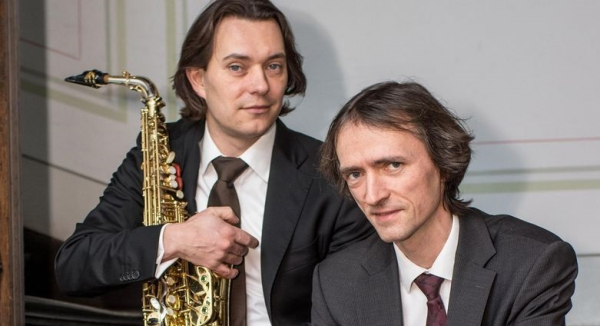
|
|||||
Event: Advent Organ Concert at The Paulinum (Livestream) with Jazz duo David Timm & Reiko Brockelt, 17 DecemberAlready last year during the Advent season, we recommended this concert highlight to you. Now it will take place again at The Paulinum Assembly Hall and University Church of St. Paul, and will again be streamed live. When David Timm (organ) and Reiko Brockelt (saxophone) play together, fascinating soundscapes emerge. In the mirror of improvisation in different styles and regularities, the power and fullness of old Advent and Christmas carols can be experienced in a completely new way. Wishes and requests from the audience will gladly be accepted and spontaneously musically processed. Already now, you may submit your song or theme request to the musicians via e-mail.
Online via Livestream from the Paulinum of Leipzig University
|
|||||
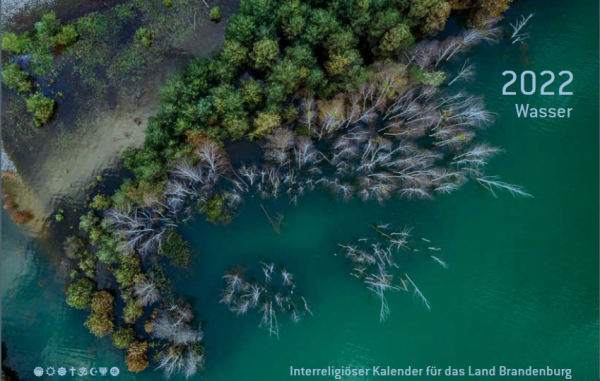
|
|||||
Findings: Interreligious Calendars 2022When is Easter next year, when Ramadan and when Yom Kippur? What other religious holidays can be important to people? And how long do they celebrate? At the end of the year, we would like to point you to two interreligious calendars for 2022, published by the House of Religions – Centre for Interreligious and Intercultural Education for the state of Lower Saxony and by the “Neues Potsdamer Toleranzedikt – Together for a cosmopolitan city” for the state of Brandenburg. The calendars contain the most important religious commemorations, festivals and holidays for Alevis, Bahai, Buddhists, Christians, Hindus, Yezidis, Jews, Muslims and Sikhs and others without direct religious reference. One of the calendars is dedicated to the topic of Water as one of the four elements of life – after all, it plays a central role in all religions and worldviews. |
|||||
|
If you have any content that you think suits the purpose of the weekly, please feel free to send it to us at multiple-secularities@uni-leipzig.de. |
|||||
|
Kolleg-Forschungsgruppe "Multiple Secularities - Beyond the West, Beyond Modernities" Nikolaistraße 8-10, 04109 Leipzig Mail: multiple-secularities@uni-leipzig.de |
